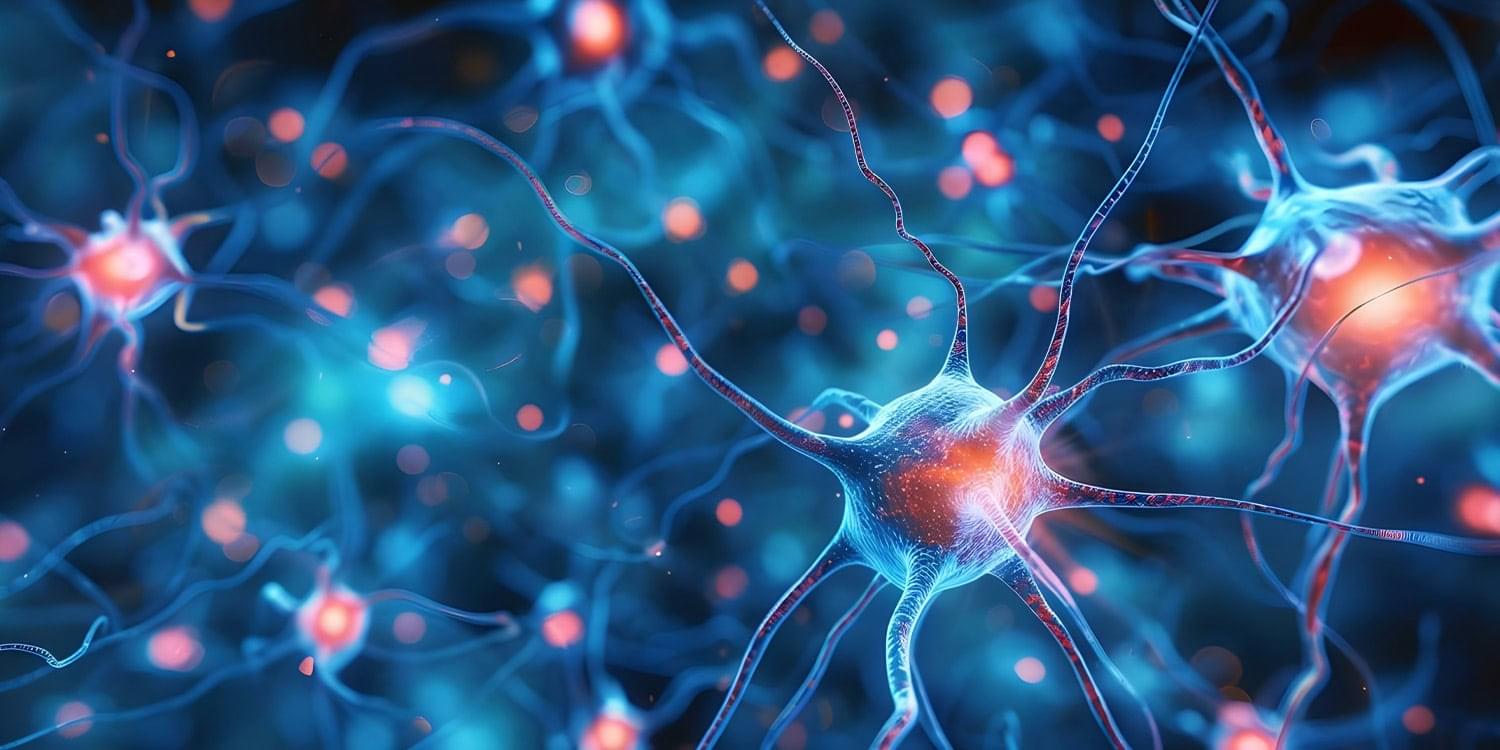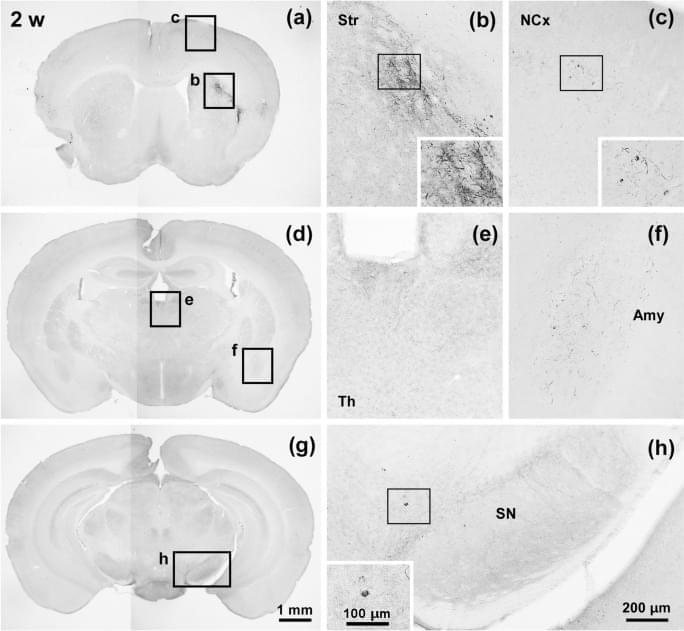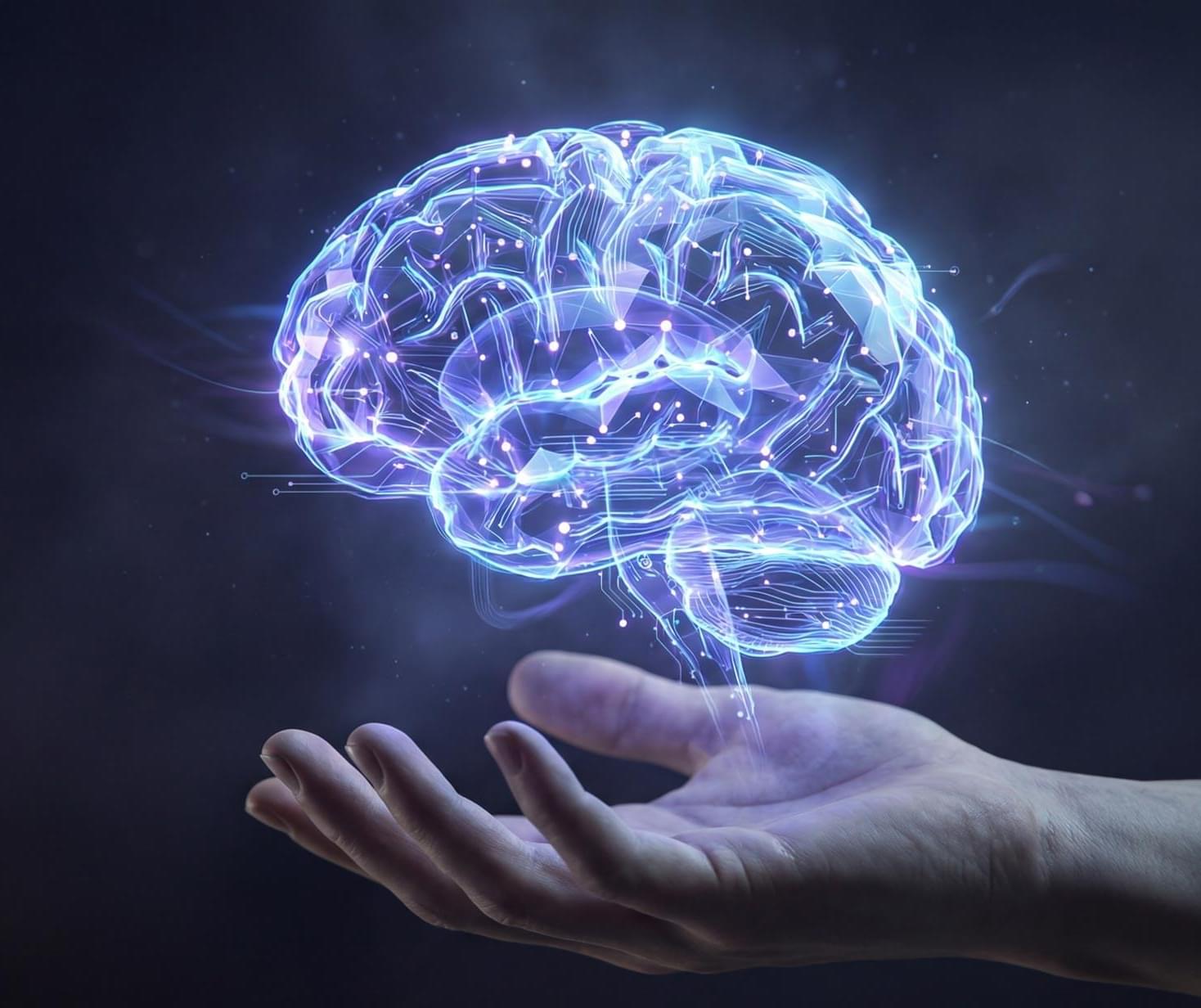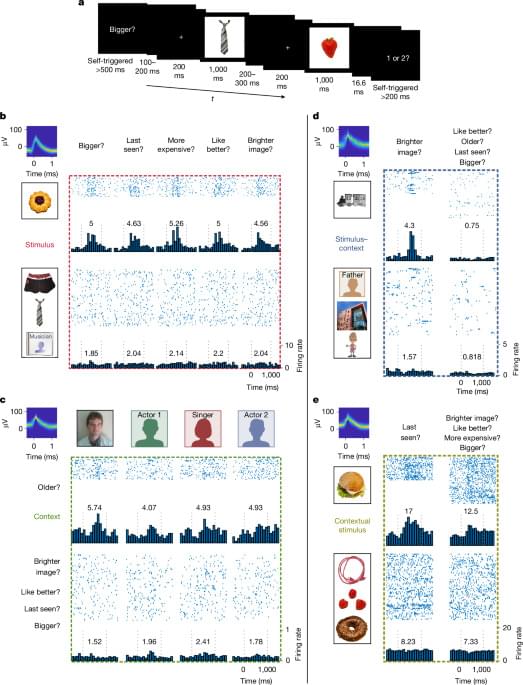Long-term exposure to fine particulate matter like PM2.5 components in polluted air can not only cause respiratory diseases, but also increase the risk of depression in older people, especially in those living with preexisting heart, metabolic and neurological conditions.
Depression has caused more loss of healthy life worldwide than any other mental health condition. This disorder has snatched away people’s will to perform the basics of daily activities. An analysis of global health data in 2021 showed that all the years people lived with disability or reduced quality of life because of depression added up to about 56.3 million years.
A recent population-based cohort study collected data from nearly 23.7 million U.S. Medicare beneficiaries aged 65 years and older between 2000 and 2018 to examine specific components of PM2.5 exposure, both individually and in combination, and its associations with the risk of developing depression. Among those tracked, more than 5.5 million developed depression during the follow-up period. These findings are published in JAMA Network Open.








